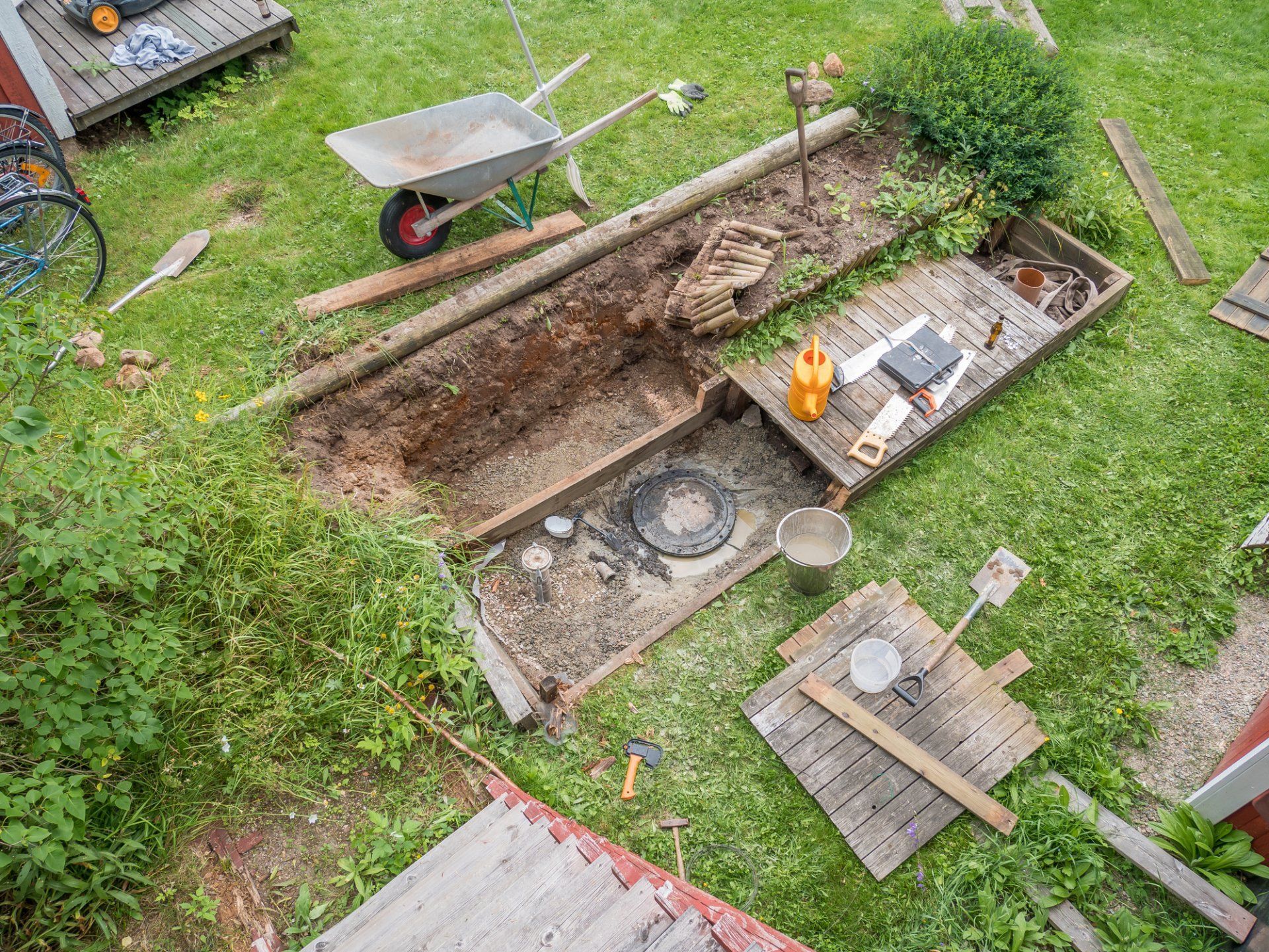
As a responsible homeowner, you've likely already taken several steps to live as eco-conscious as possible, including habits like recycling, composting, and purchasing energy efficient appliances. As a septic tank owner, you want to ensure that whatever you are putting into your tank and septic field is producing the least amount of ground pollution possible.
Luckily, there are several small changes you can start making today to make your septic system even more environmentally friendly. Here are a few simple tips to help you.
Have Your Septic Tank Regularly Inspected and Pumped
The size of septic systems and tanks varies, and it is critical to know the capacity of your septic tank and how often your tank should be pumped. For example, if you have a larger septic tank and a couple of people living in your home, the septic tank will not need to be pumped as often as a smaller septic tank or a septic tank that must handle the waste products of several family members.
Waiting too long to have your septic tank pumped can not only damage the tank, but in such cases, the overflow from the tank could leech into the surrounding ground and pollute the ground water. If you aren't sure how often to pump your septic tank, contact a professional for assistance.
Additionally, no matter what the age and size of your tank, your tank and entire septic system should be inspected by a professional at least once a year. A professional can locate and repair any damage, make sure that the septic field is healthy, and determine that your septic tank is functional, large enough to handle your family's waste, and is not causing any unwanted pollution in nearby ground water.
Avoid Flushing Non-Biodegradable Items Down the Drain
Only biodegradable items should be introduced into your septic system, including biodegradable toilet paper. Items that are not biodegradable cannot properly break down in the septic tank and can cause the system to clog. A large enough clog can cause a septic system backup. Backups can cause messes in your home, and the backup can pollute ground water surrounding your septic field.
Here are a few non-biodegradable items you should never flush down your toilet or drain and into your septic system:
- Paper towels
- Feminine hygiene products
- Grease or fats
- Cat litter
- Coffee grounds
If you have a garbage disposal, the food scraps you place down the drain and introduce into your septic system might also cause unforeseen damage. Large amounts of food scraps in your septic tank can cause a clog. Additionally, the food scraps also raise the levels of nitrogen and phosphorus in the wastewater, which can upset the natural bacterial balance of the septic tank.
Instead of placing food scraps into your tank, consider another, more eco-conscious choice: a backyard compost pile.
Practice Water Conservation
Finally, one of the easiest ways you can save money, protect the environment, and prevent damage to your septic system is to cut down on your water usage. Excess water use will upset the natural flow of wastewater from your home into your septic tank. This will eventually cause your tank to fill too quickly, which will push the layer of waste floating at the top of the tank into the septic field and, eventually, into the ground water surrounding your field.
Limiting the time you are in the shower, turning off the faucet while you are brushing your teeth, and investing in a smaller dishwasher and washing machine that use less water are a few simple ways you can prevent excessive water use in your home.
From conserving water to maintaining your septic system and tank, there are several simple ways you can make your septic system more environmentally friendly. Contact the professionals at
Upstate Septic Tank, LLC, with any of your septic tank related questions.






